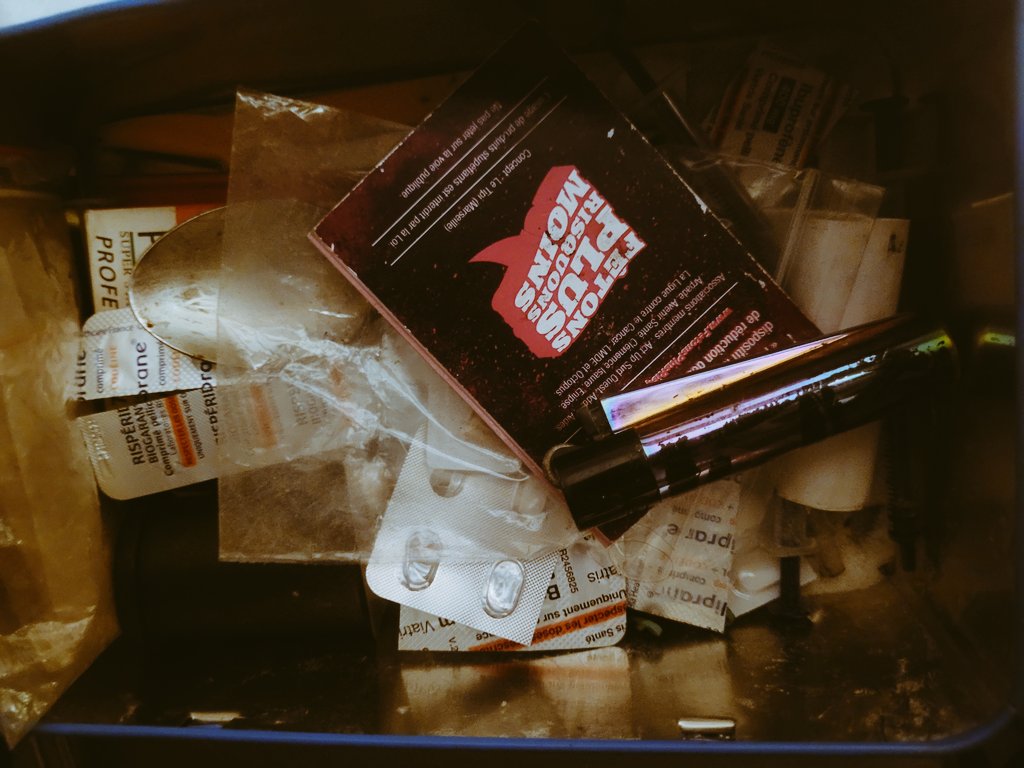Thinking your disabled self outside of a career
What is your career plan?
If there’s one thing that you can’t really speak about when you’re just becoming disabled, and especially with people who are not disabled themselves, it is the fact that you are most likely grieving ever – or at least, for longer than they think – having a career. Whoever’s asking me what is my career plan right now, the answer is most likely to be that I do not have a career plan right now, at least not in the traditional sense of the term. I have projects I am working on and goals I am hoping to achieve, but it’s most likely that listing them (even if they imply taxable activities) will make people uncomfortable and ask what I’m going for long term. This coming at a time when I am recovered enough to be able to at least list activities that won’t lead to an awkward silence.
Disability in a capitalist society
Work defined value
If there is a thing I learnt the hard way becoming disabled, is that we live in a society where your value is defined not only on the kind of career you are actively chasing (on top of the job you already have), but also on your ability to do so. Anything else is met with an awkward silence, at best because the other person didn’t consider that you weren’t for an answer, at worst because they are putting you in the reject kind of their brain – and really, we can’t blame the first category. Everything in our everyday lives revolves around you being an active and working member of society, the two being most of the time at best unconsciously linked.
Learning self-acceptance
One of the eye-opening discussion I had on the subject was during my stay at the outpatient ward, where I met other people that were grieving the fact they wouldn’t be working ever again. For most of them this realisation was difficult, as most people without disabilities don’t understand why you don’t at least try, because the worst that can happen is you ending your contract. No. The worst that can happen is the psychward. Resetting the timing of your recovery. The narrative mainstream media is so cluttered with so called ‘’success stories’’ from disabled people outdoing their sickness and even crossing the boundaries of what is possible for a led people that they tend to forget that this isn’t a fight or a try to outdo everyone, but a process of learning to live with yourself.
Seeing outside the box – disability and work
In fact, I would say a win is finding your value outside of usual expectations and people that support you in your journey in this world were nothing is made to accommodate people with different realities, nor considerate them in any other way than a problem to fix. Sometimes, it is better healthwise to think outside of a career or as a non-working person, as not doing so destroyed my self-esteem. There is value in other things, too.
Barbara Ferreres









Discussion